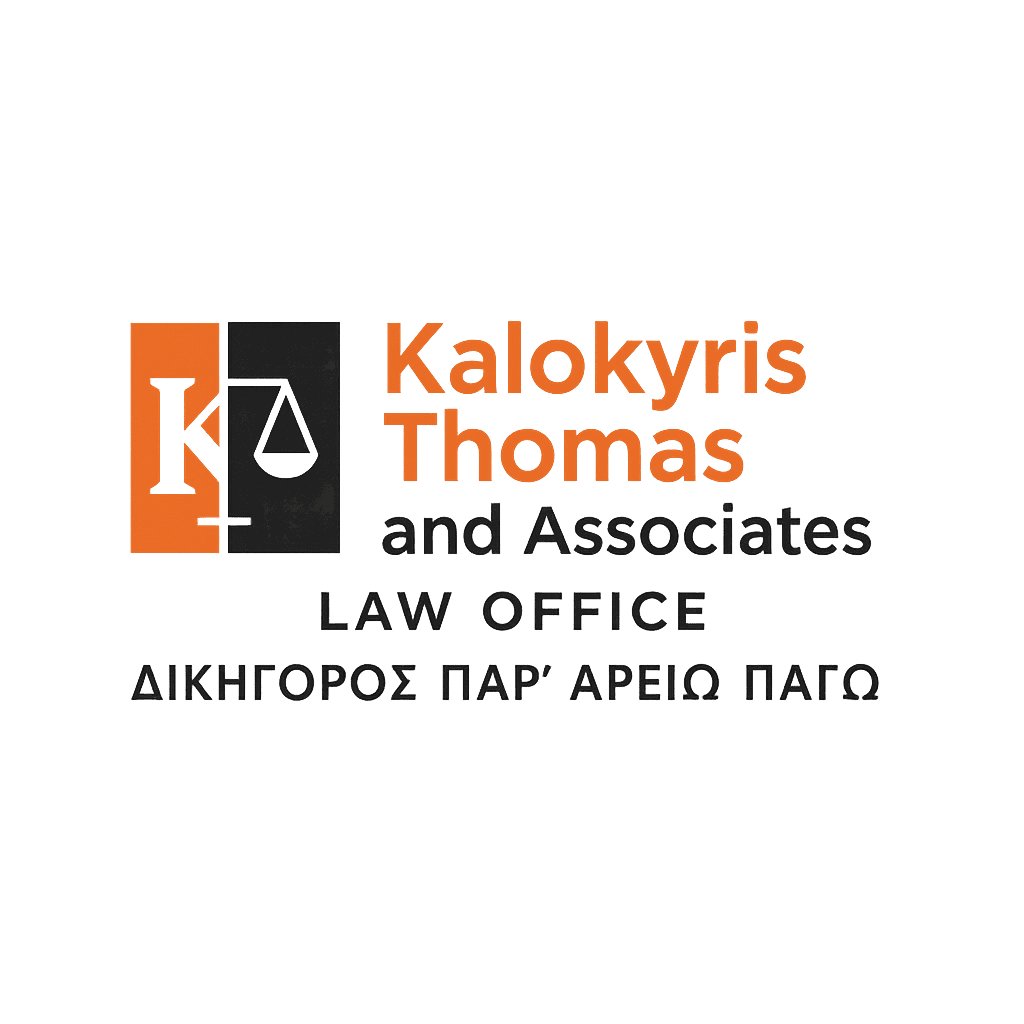According to the provision of article 95 of Law 4387/2016 "from the entry into force of this, the requirements of the Social Security Institutions that are included in the E.F.K.A. from unpaid insurance contributions are subject to a twenty-year statute of limitations, which begins on the first day of the following year in which the insurable work or service was provided. This regulation does not apply to claims that are already time-barred, according to the provisions in force at the time of the commencement of this provision. The limitation period for claims that have arisen up to the entry into force of this provision but have not become time-barred within the meaning of the previous paragraph, is set at twenty years and begins on the first day of the following year in which the insurable work or service was provided.».
However, the application of this provision has been ruled unconstitutional by the Council of State with its Decision No. 1833/2021Specifically, the Council of State ruled that "the limitation period established by the above provision goes against the principle of proportionality, since a limitation period of twenty years does not constitute a reasonable duration of the relevant period, which is required to be relatively short, given the increasing speed and complexity of modern life relationships and transactions, which require, in principle, rapid settlement of the current obligations of the subjects of administration.
In relation to the organization and operation of insurance bodies, the prescribed limitation period must be sufficient so that, with the assistance of modern technological capabilities, timely and effective, from the point of view of collectability, audits are carried out, within the framework of their rational organization, with the aim of protecting the insurance capital and ensuring their viability, without extending over a long period, which, due to the time distance from the violation, does not contribute to the correct, at the time of its validity, application of the constantly changing insurance legislation and the creation of a consciousness of compliance with it, necessarily leads, given the serious understaffing of the services, to untimely and therefore reduced collectability audits, entails an unmanageable burden for the services and, possibly, encourages inaction on the part of the insurance bodies.
In relation to those liable for social security contributions, the limitation period must be as long as necessary, so that, on the one hand, their right to defend themselves against difficulties in proving events dating back to the distant past is ensured, and on the other hand, the debtors are not led to financial exhaustion due to the obligation to simultaneously pay accumulated debts of several years, with further adverse effects on employment and the national economy in general. The above does not apply, taking into account that non-payment or improper payment of social security contributions is not necessarily linked to an intention to avoid them, but may be due to difficulties in interpreting social security legislation, a result of continuous amendments and the fragmentation of its individual regulations. On the contrary, it is necessary to ensure timely and relatively short-term knowledge of their obligations, so that they are not taken by surprise, but are able to plan their professional activity for the benefit of the national economy. The formulation of the limitation period under the above conditions, which are also a manifestation of the peaceful operation of law, contributes to the cultivation of the necessary relationship of trust between the governed and the Administration in a state governed by law.
Furthermore, the the above provision is contrary to the principle of legal certainty, insofar as the twenty-year limitation period, which was established, in fact, at a time when the liable parties had already suffered various financial burdens in order to address the country's budgetary problem, applies retroactively to claims that had arisen up to the entry into force of the new provision and had not yet become statute-barred. Such a long limitation period, nor its retroactive application, is justified by reasons related to the difficulties in organizing the new insurance body and integrating all social security bodies into it, nor by the possible inaction of the social security bodies to ensure the collection of their claims from the time of the establishment of the E.F.K.A. Moreover, the provision of a relatively short limitation period itself does not entail adverse consequences for the insured persons during their retirement. This is because the issue of setting a relatively short limitation period for these claims, which, moreover, is found in the majority of modern European social security systems, is in no way connected with the separate issue of any provision in different legislative acts of conditions, temporal or otherwise related to the payment of contributions, for the recognition of insurance periods for the purpose of retirement, conditions which, in any case, are subject to the guarantees of article 22, paragraph 5, of the Constitution and are interpreted in light of the general principles of social security law, including the principle of the strict interpretation of the provisions that place temporal limitations on the right to recognition of insurance periods and the principle that the failure to fulfill the employer's obligations to pay contributions to the insurance body cannot, in principle, be to the detriment of the insured.
Following the above judgment on the unconstitutionality of the general rule of limitation, established by the provision of paragraph 1 of article 95 of Law 4387/2016, there is a gap in the regulation, given that there is no pre-existing law that regulates the issue in a uniform manner, in view of the clear will of the legislator to establish a common regulation for the limitation of claims for payment of insurance contributions of all entities included in the E.F.K.A. This gap is not tolerated by the Constitution, since the principles of legal certainty require the provision of a limitation period. It must be paid by applying the ten-year statute of limitations for claims for payment of contributions for all entities affiliated with the EFKA, which is considered to be a reasonable statute of limitations for the said claims and was the previous law for claims for payment of insurance contributions of the IKA-ETAM, the largest, until the establishment of the EFKA, main insurance body for employees in the country. Filling the legislative gap with the above general rule is in harmony with the principle of legal certainty, which requires clarity and predictable application of the relevant regulations, as well as with the principle of procedural economy, which is promoted by the institution of pilot litigation in the Council of State. In the opposite case, if it were accepted that the application of the ten-year limitation period is limited only to the claims of obligors originating from the I.K.A.-E.T.A.M., it would arise as a direct consequence of the decision: ambiguity regarding the applicable law for the relevant claims of the other entities». So he judged the Administrative Court of First Instance of Thessaloniki with the no. 6297/2021 Decision of the filed objection of article 217 of the Civil Procedure Code.
According to settled case law, the protection of the good faith of the administered person and the principle of legal certainty, namely that which aims at the creation of stable, distinct administrative situations, which do not give rise to any challenge or doubt as to their legality, impose on the administration the prohibition of conduct that is contrary to a permanently established situation by acts of the administration itself ("to come against one's own fact").
The ten-year statute of limitations for claims for payment of contributions does not prevent the initiation of enforcement proceedings to collect them against the debtor's property. Claims concerning the statute of limitations of the State's claim for the imposition of a tax or fee may be raised on the occasion of an appeal or opposition against the enforcement actions, provided that they have not been proposed and decided by another court with the force of res judicata. (see also article 224 of the Code of Administrative Procedure).
Thomas Steph. Summer
MDE lawyer
Min. Doctor of Law, AUTH



